Novus Pacific to build full-scale Oregon renewable energy plant



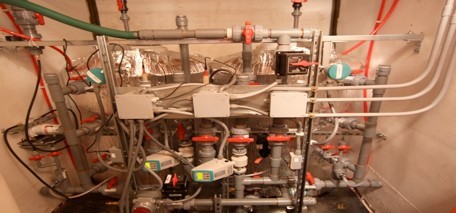
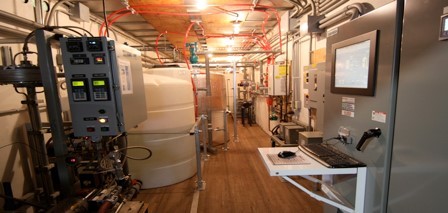
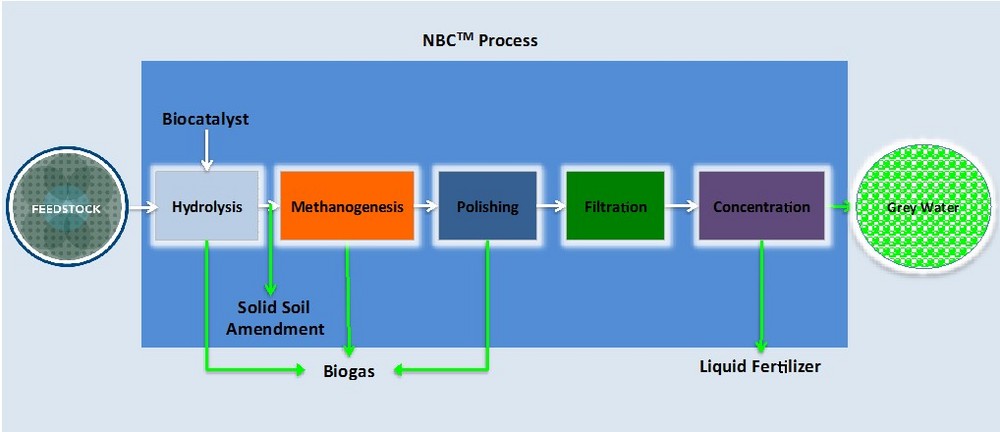
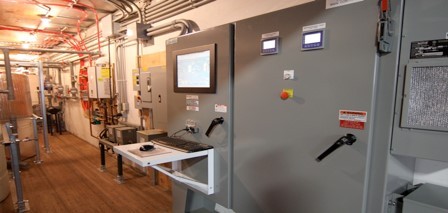
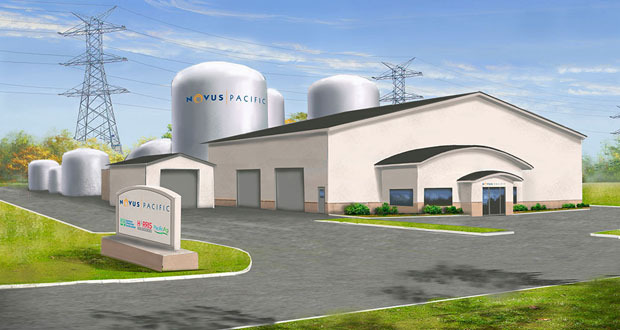










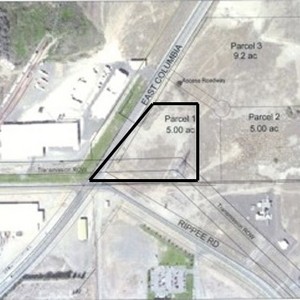
Novus Energy
November 10, 2014
BY Katie Fletcher
Advertisement
Advertisement
Related Stories
Drax Group plc on Nov. 5 confirmed it has signed a contract with the U.K. government that will provide transitional support for all four of the biomass units at Drax Power Station from April 2027 through March 2031.
Ahead of COP30, 30 leading industrial and utilities companies are calling on the Green House Gas Protocol to explicitly recognize market-based instruments for renewable gases such as biogas and renewable natural gas (RNG).
Vanguard Renewables on Nov. 3 announced the acquisition of Complete Beverage Destruction, a Florida-based beverage waste recycling facility. The move accelerates the company's expansion into the state
Anaergia Inc., through its subsidiary, Anaergia S.r.l., entered into a joint venture (JV) with Tozzi Sud and Isolmec Group to build a new anaerobic digestion facility for BioHold in Basilicata, southern Italy.
Clean Energy Fuels Corp. announced a series of new agreements with customers across the country expanding their use of ultraclean, affordable renewable natural gas (RNG). The company also grew its customer base for bulk liquefied natural gas (LNG).





